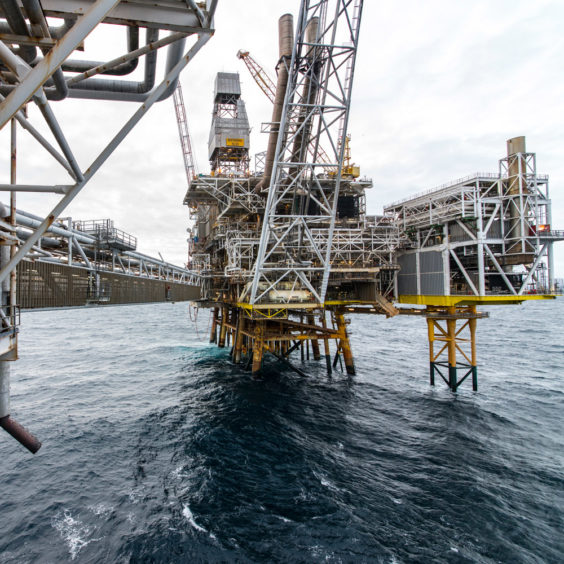
An energy economist claims Harbour Energy has used creative accounting methods in order to generate headlines ahead of the spring budget.
In a Twitter thread, Greg Muttitt, who works for IISD Energy, accused the North Sea’s biggest producer of counting “all of its windfall tax payments for the next 5 years into this year’s accounts”.
And while that’s led to meagre takings this time around, he claims it “will make for big after-tax profits the next 4 years”.
Harbour (LON: HBR) published its 2022 results yesterday, in which it said the UK Government’s energy profits levy (EPL) had “wiped out” its takings for the year.
Before tax, the independent was above analyst expectations, posting $2.4 billion profits, but that figure fell to just $8 million after it had been accounted for.
Harbour blamed the massive gulf on a “$1.5 billion one off non-cash deferred tax charge associated with the EPL (Energy Profits Levy)”.
The London-listed firm said its tax expense is split between the “current figure” and a deferred charge – the latter of which had “extinguished” profits.
But the North Sea giant, which is laying off hundreds of people in Aberdeen, went on to say it has a “solid financial position” and announced $300m of new buybacks and dividends for shareholders.
Harsh critics of EPL
Linda Cook, chief executive of Harbour, has been among the most ardent critics of the government’s windfall tax on the sector.
The EPL means oil and gas producers will pay a headline levy on their profits of 75% until 2028, unless the government adapts the policy.
The Chancellor Jeremy Hunt will deliver his fiscal update next week, and there’s a degree of optimism he may announce some changes to the EPL to make it more palatable.
Masterclass in media management
Mr Muttitt described Harbour’s results as a “masterclass in media management” in the run up to a “budget where the windfall tax is under pressure”.
“The windfall tax is just 35%, so how does it wipe out profits (implying 100%)?
“The reason is that Harbour has counted all of its windfall tax payments for the next 5 years into this year’s accounts!”
Based on the difference between Harbour’s post and pre-tax figures, that would suggest a tax rate of 99.7%, he said.
Today's masterclass in media management:
Just a week before the UK Budget, @harbourenergy got lots of headlines saying the windfall tax has completely wiped out its profits, hitting jobs & investment.
Meanwhile it increased payouts to shareholders. How?https://t.co/AUnHmhyKDL
— Greg Muttitt (@FuelOnTheFire) March 9, 2023
He says profits of about £1.5 billion have “effectively been reallocated to future years in order to get today’s headlines”.
“Is Harbour struggling financially? Not according to today’s results statement, which describes “a solid financial position”. The heavily-leveraged, private-equity-backed company managed to reduce its net debt from $2.3 to $0.8 billion last year.
“In summary, clever accounting and clever PR give Harbour Energy headlines about pain while shareholders experience pleasure.”
Recommended for you


 © Supplied by Harbour Energy
© Supplied by Harbour Energy